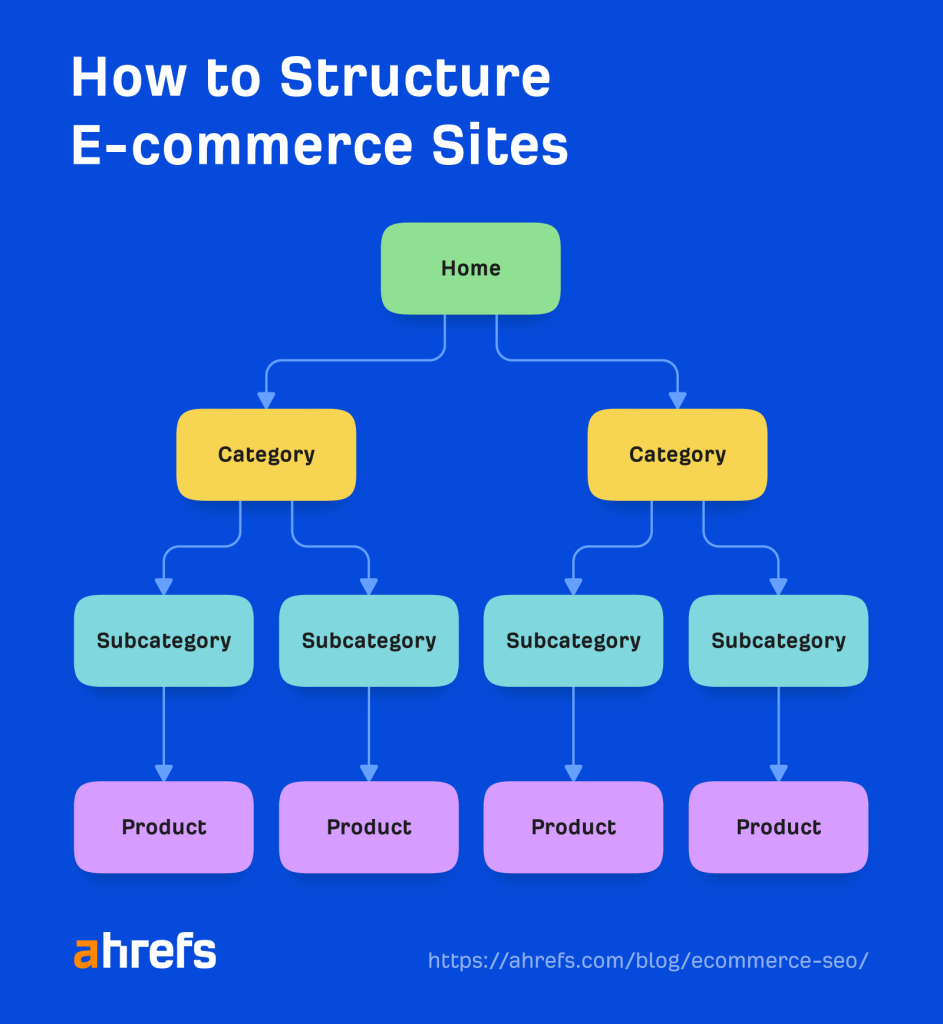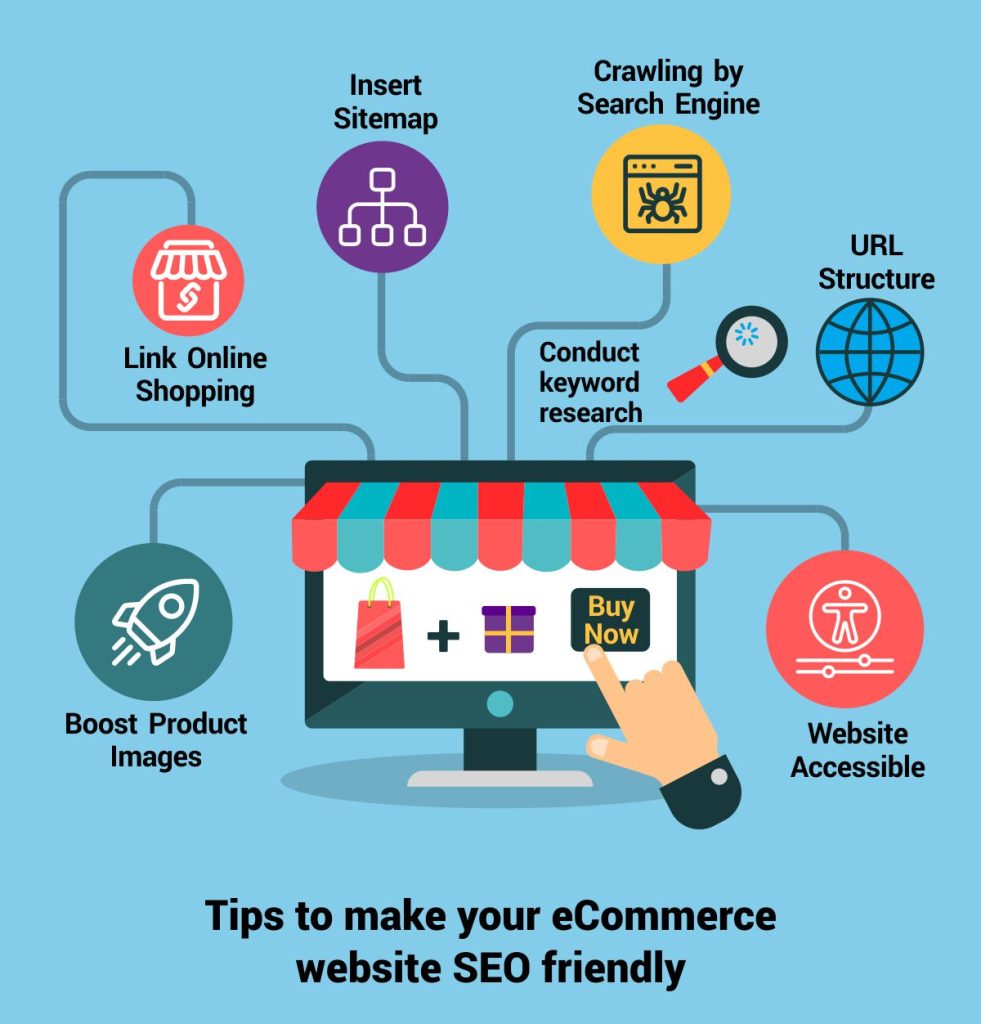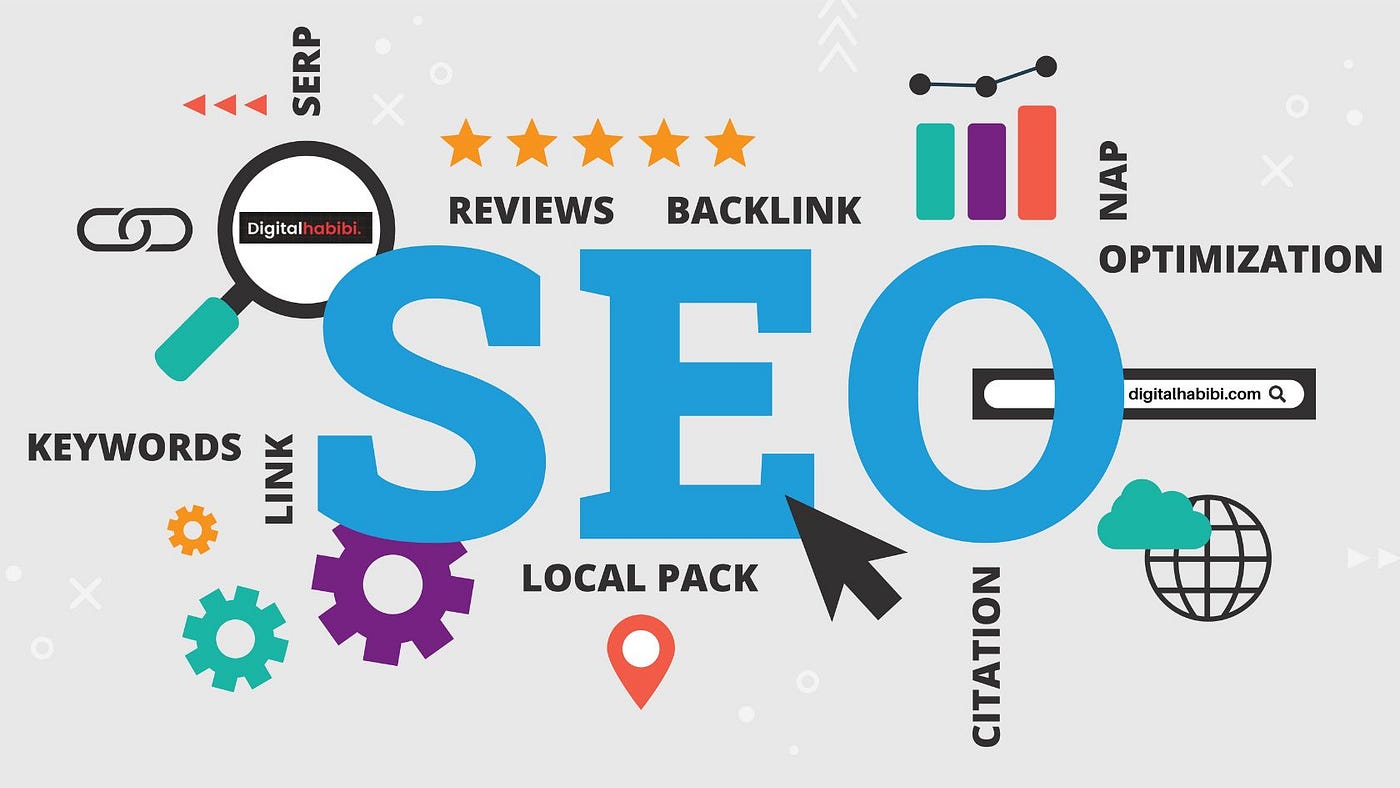The Indispensable Role of SEO in Ecommerce Success
In the competitive landscape of online retail, where consumers have a vast array of choices at their fingertips, standing out is crucial. Search Engine Optimization (SEO) is the cornerstone of a successful ecommerce website, providing a strategic advantage that can significantly impact your business’s visibility, traffic, and ultimately, sales. This comprehensive guide will delve into the importance of SEO for ecommerce websites, exploring its key benefits, essential strategies, and real-world examples.

Understanding the Power of SEO
SEO is the practice of optimizing a website to improve its ranking in search engine results pages (SERPs) like Google, Bing, and Yahoo. When potential customers search for products or services related to your business, SEO ensures your website appears prominently, increasing the likelihood of being discovered and visited.
Key Benefits of SEO for Ecommerce Websites
- Increased Organic Traffic: SEO drives targeted, qualified traffic to your website, bringing in visitors who are actively searching for the products or services you offer. This organic traffic is often more valuable than paid advertising, as it represents a genuine interest in your offerings.
- Improved Brand Visibility: Ranking high in search results enhances your brand’s visibility and establishes you as a trusted authority in your industry. This can lead to increased brand recognition, customer loyalty, and repeat business.
- Higher Conversion Rates: SEO is not just about driving traffic; it’s also about converting that traffic into customers. By optimizing your website for both search engines and users, you create a positive shopping experience that encourages conversions.
- Long-Term ROI: While SEO may require an initial investment, it offers a long-term return on investment. Unlike paid advertising, which requires ongoing spending, SEO can continue to generate results over time, making it a cost-effective marketing strategy.
- Local SEO Advantage: For businesses with a physical location, local SEO ensures that you appear in relevant local search results. This can drive foot traffic to your store and increase local customer base.

Essential SEO Strategies for Ecommerce Websites
- Keyword Research: Identify the keywords and phrases that your target audience is searching for. Use tools like Google Keyword Planner, SEMrush, or Ahrefs to discover relevant keywords and their search volume.
- On-Page Optimization: Optimize your website’s content, structure, and technical elements to improve search engine visibility. This includes:
- Meta tags: Create compelling meta titles and descriptions that accurately represent your content and include relevant keywords.
- Headings: Use headings (H1, H2, etc.) to structure your content and make it easier for search engines to understand.
- Image optimization: Use descriptive file names and alt text for images to improve accessibility and search engine visibility.
- URL structure: Create clean and descriptive URLs that include relevant keywords.
- Site speed: Optimize your website’s loading speed to improve user experience and search engine rankings.
- Content Marketing: Create high-quality, informative, and engaging content that addresses your target audience’s needs and interests. This can include blog posts, product descriptions, guides, and videos.
- Link Building: Acquire backlinks from reputable websites to improve your website’s authority and search engine rankings. Focus on building natural and relevant links through guest posting, outreach, and content promotion.
- Mobile Optimization: Ensure your website is mobile-friendly, as Google prioritizes mobile-first indexing. This means your website’s mobile version will be used to evaluate its search rankings.
Real-World Examples of SEO Success
- Amazon: As the world’s largest online retailer, Amazon leverages SEO to dominate search results for countless products. Their extensive product catalog, detailed product descriptions, and strong backlink profile contribute to their SEO success.
- Sephora: Sephora’s commitment to SEO has helped them become a leading beauty retailer. They optimize their product pages, blog content, and social media presence to attract organic traffic and drive sales.
- Wayfair: Wayfair has experienced significant growth, in part due to their effective SEO strategies. They focus on keyword research, content marketing, and link building to improve their search engine rankings and reach potential customers.
Conclusion
SEO is an essential component of a successful ecommerce website. By implementing effective SEO strategies, you can increase your visibility, attract more targeted traffic, and ultimately drive sales. Remember, SEO is an ongoing process that requires continuous monitoring and optimization. By investing in SEO, you’re investing in the long-term growth and success of your online business.





Leave a Reply